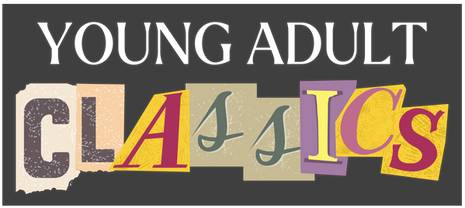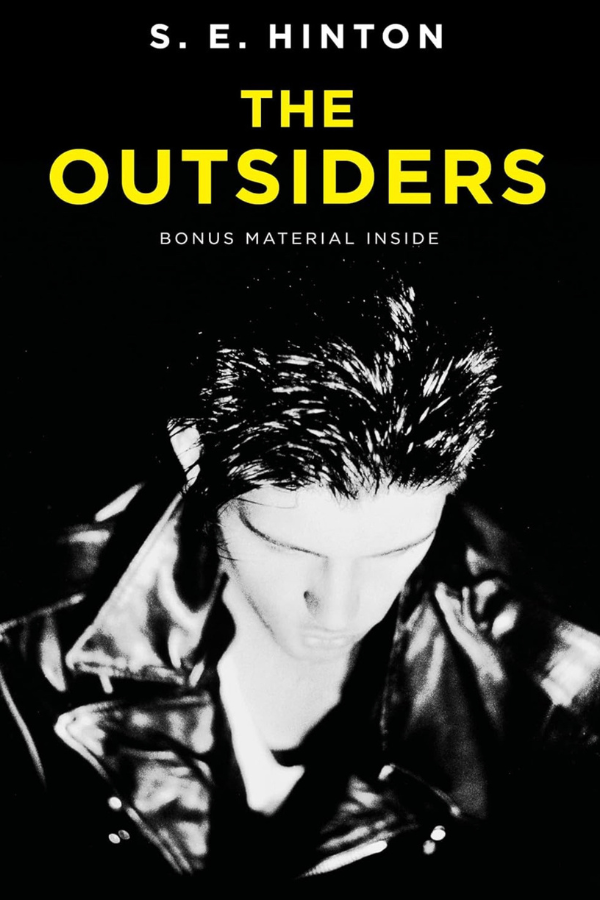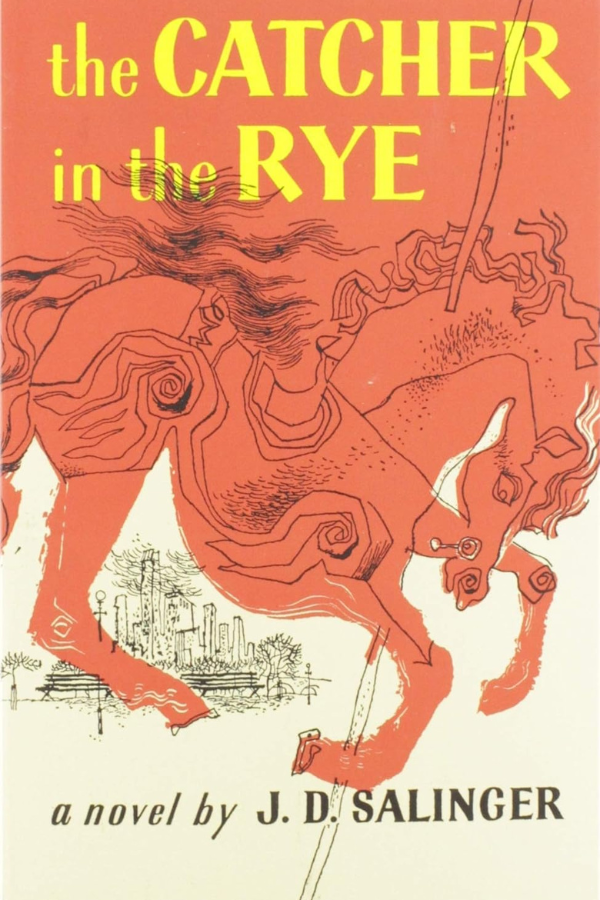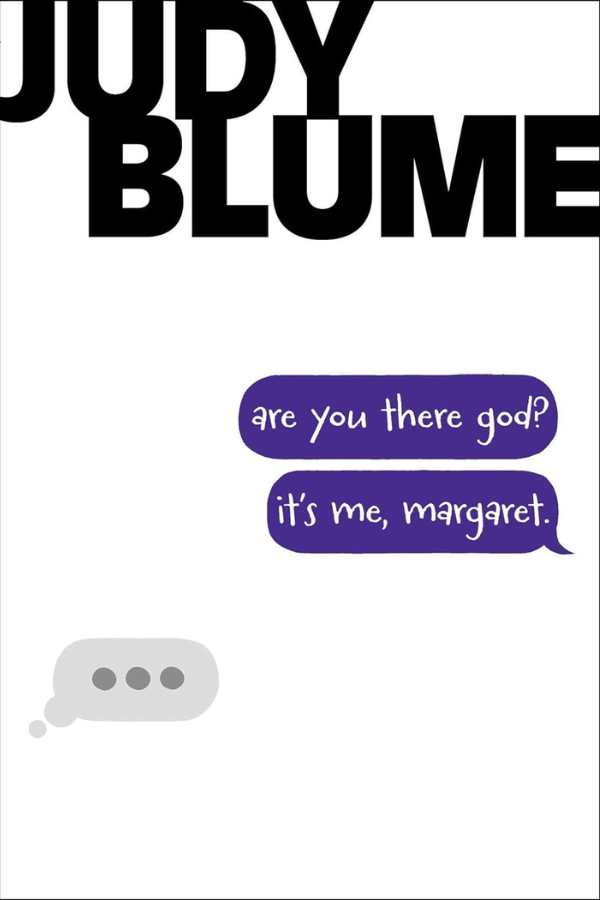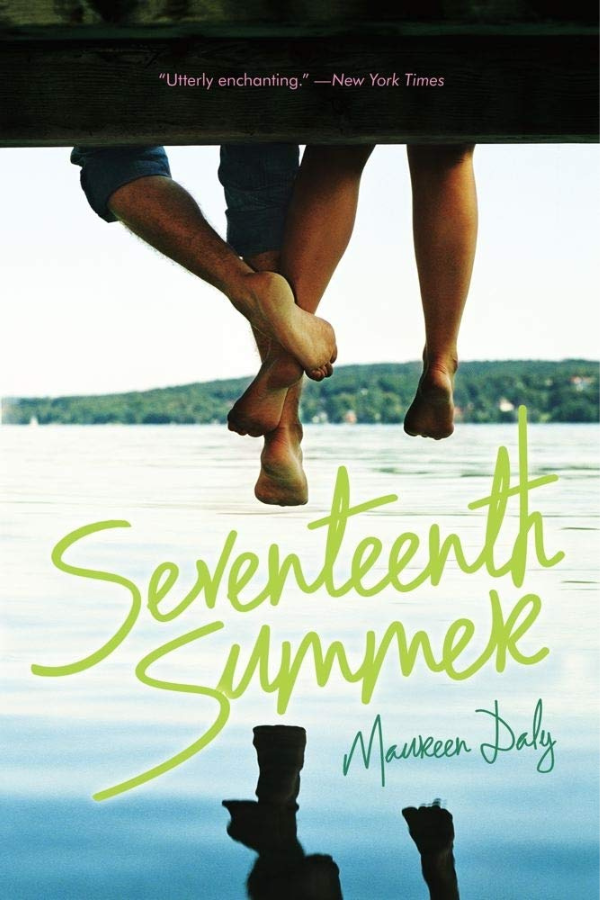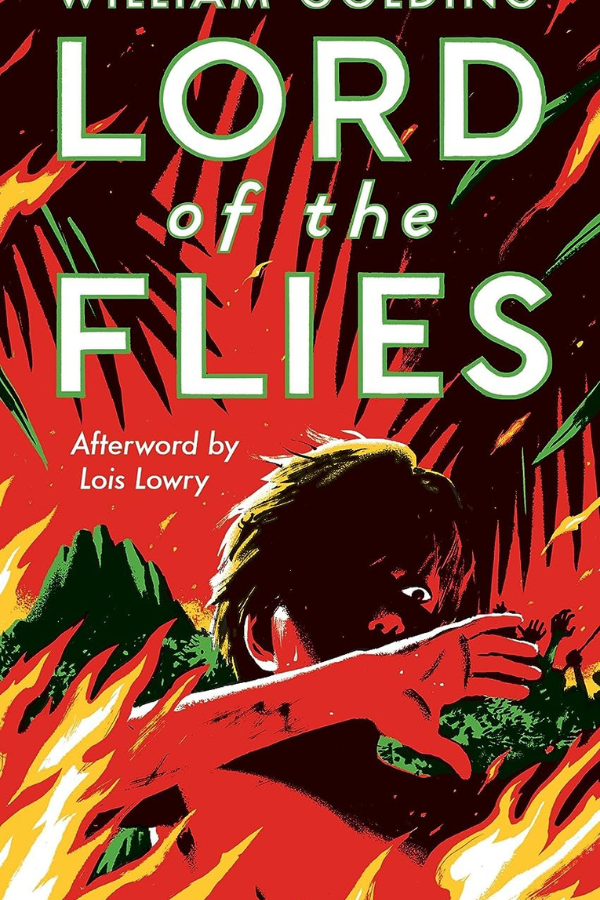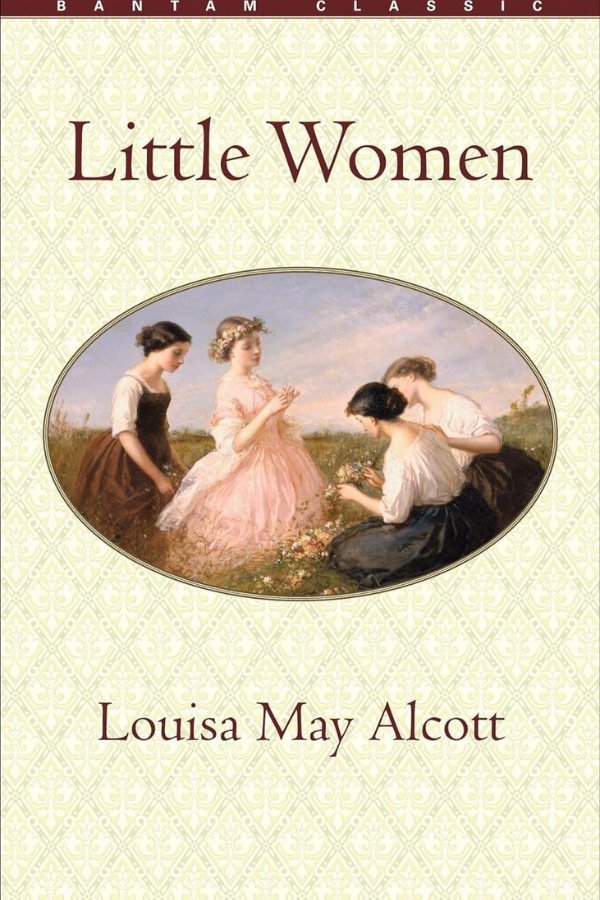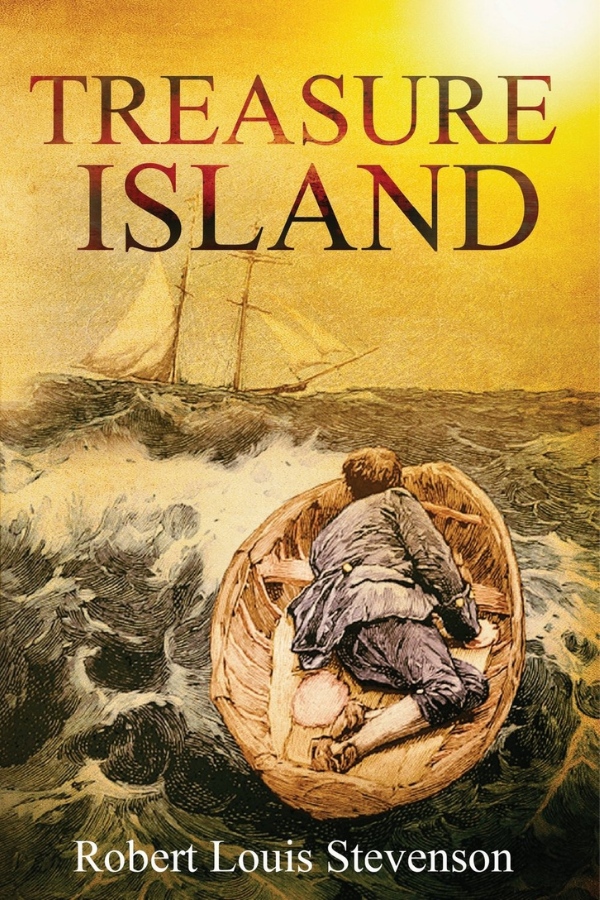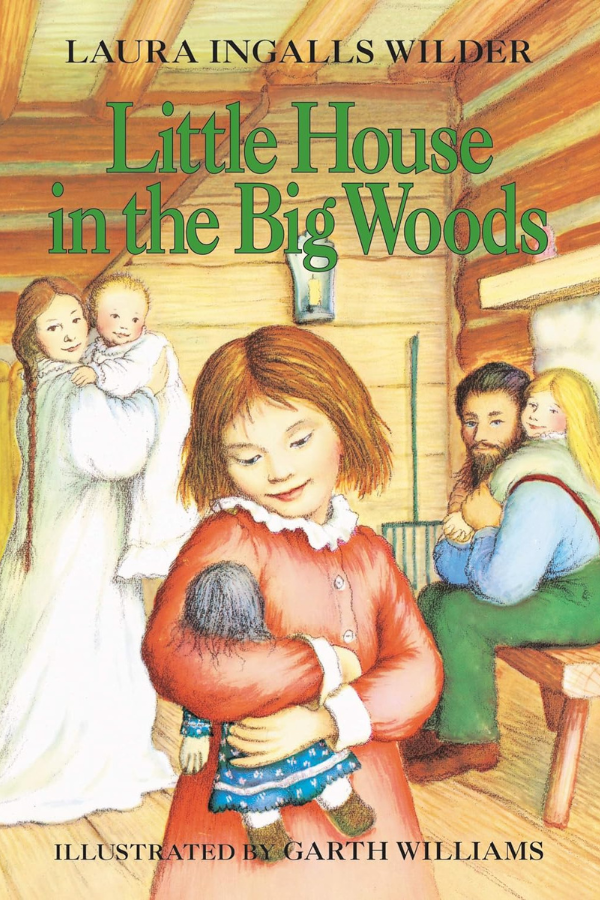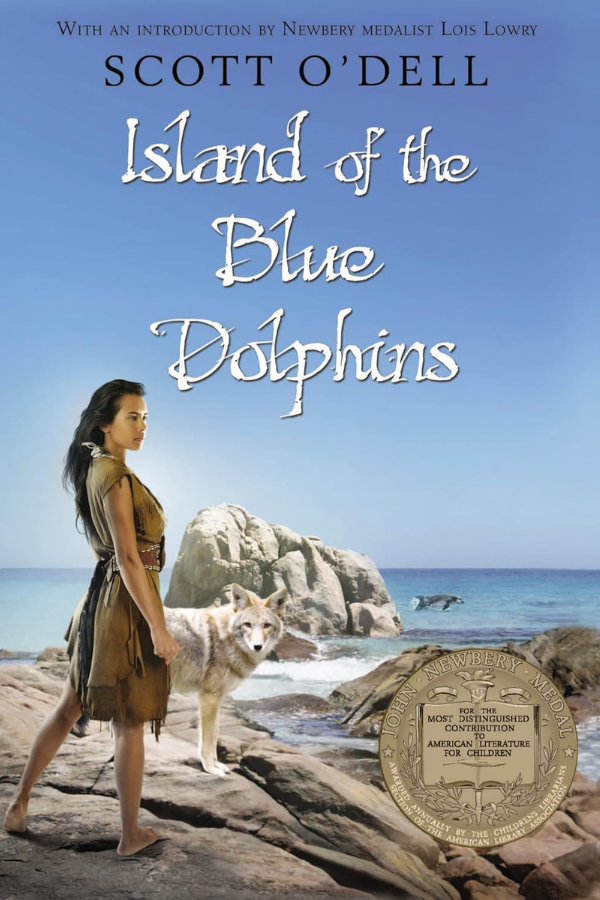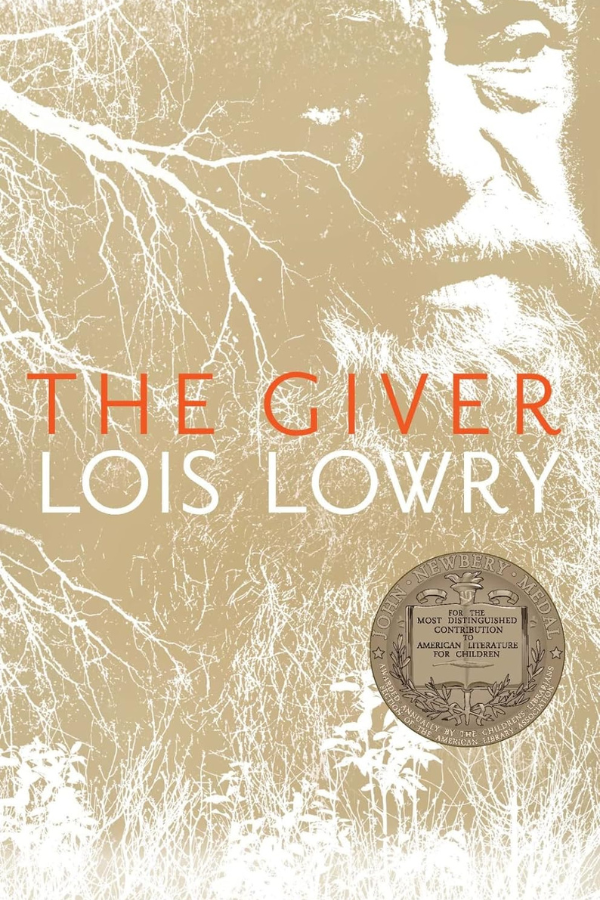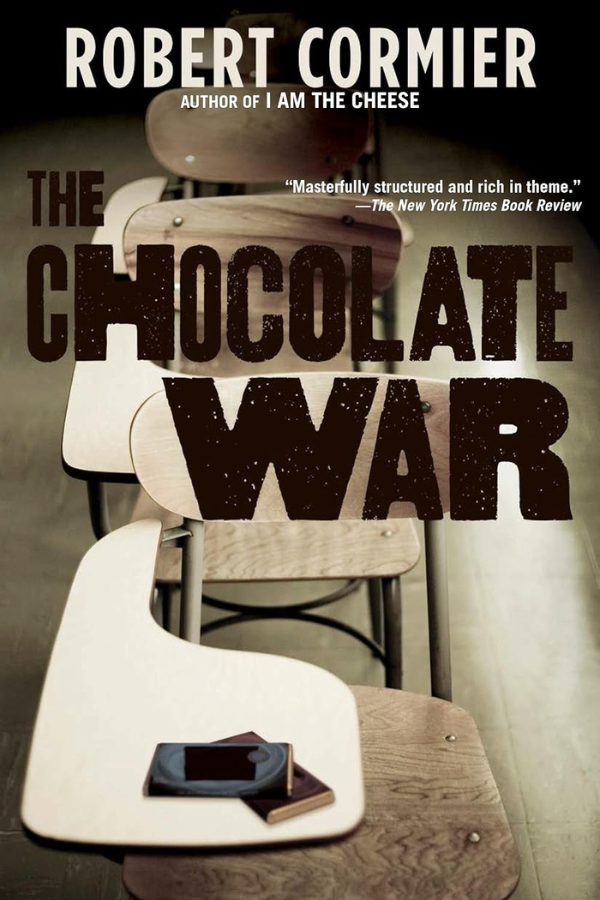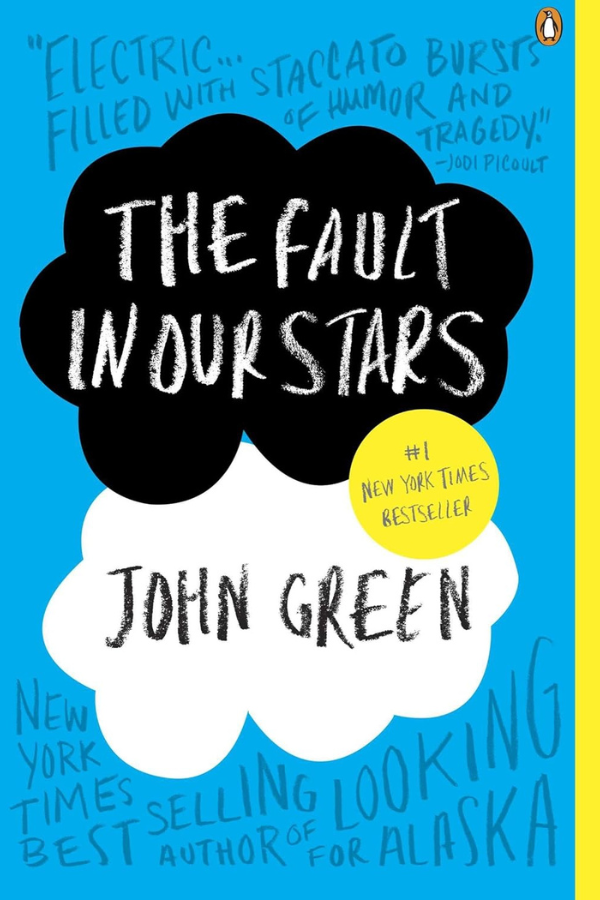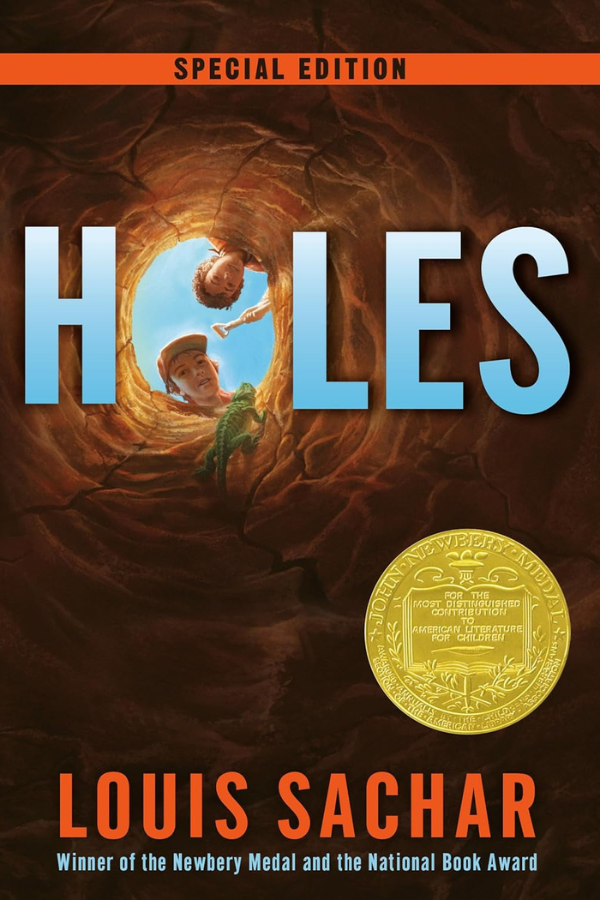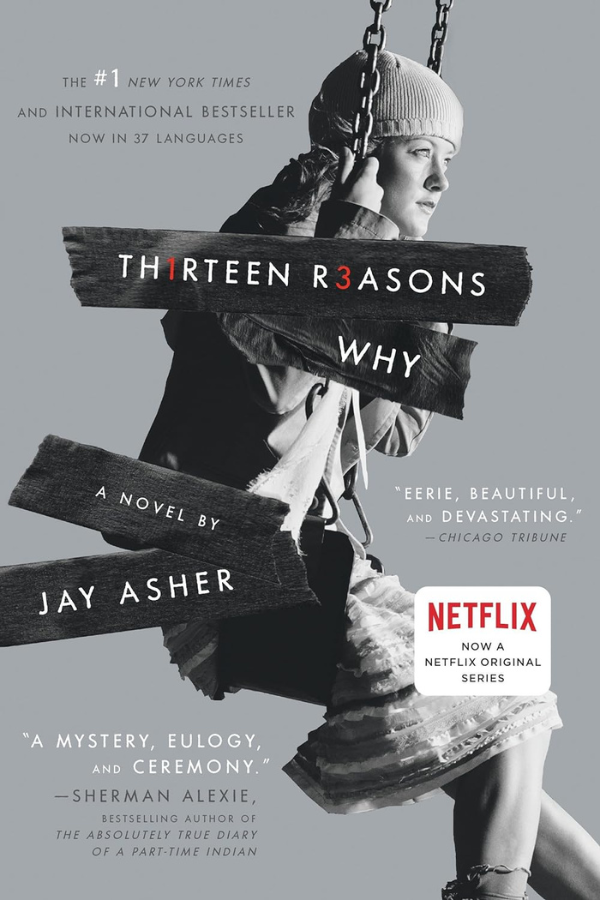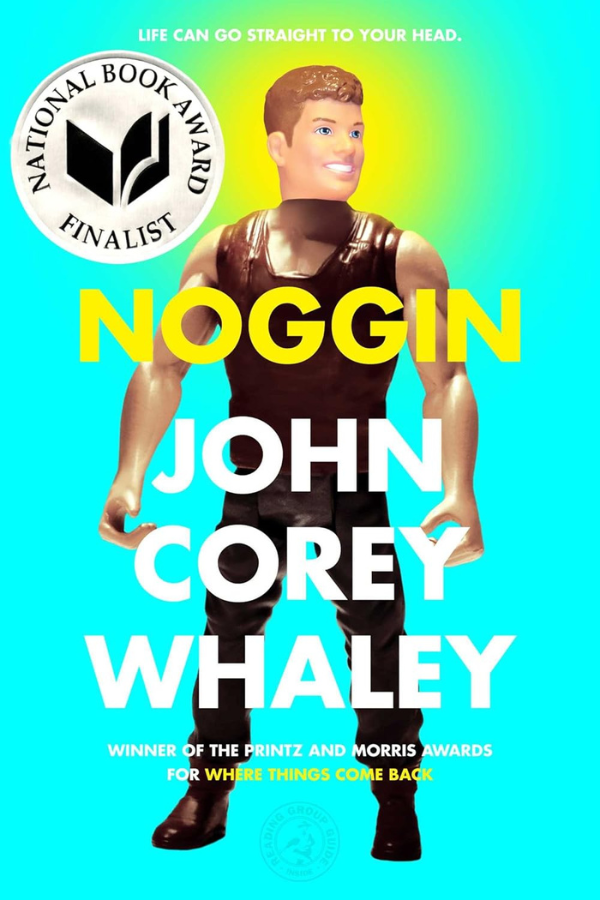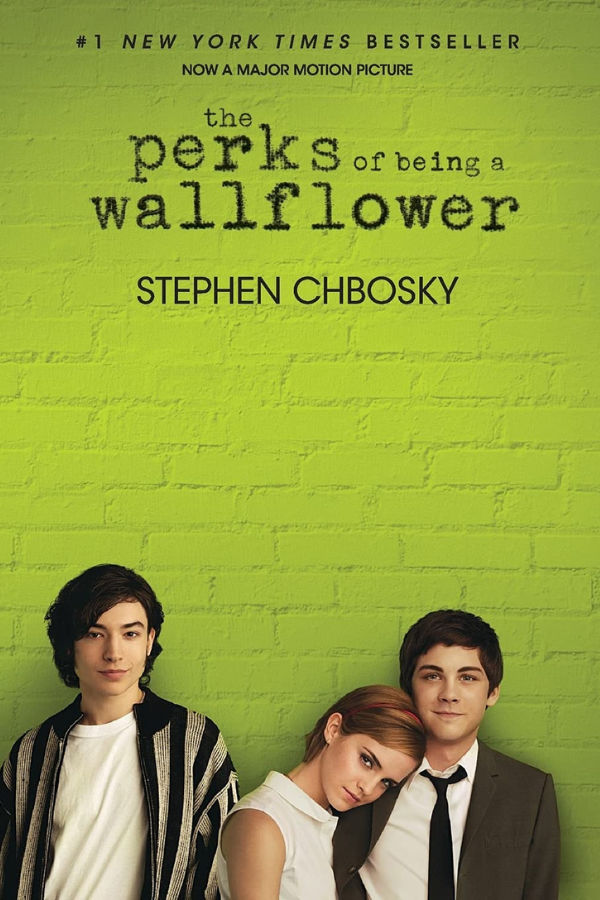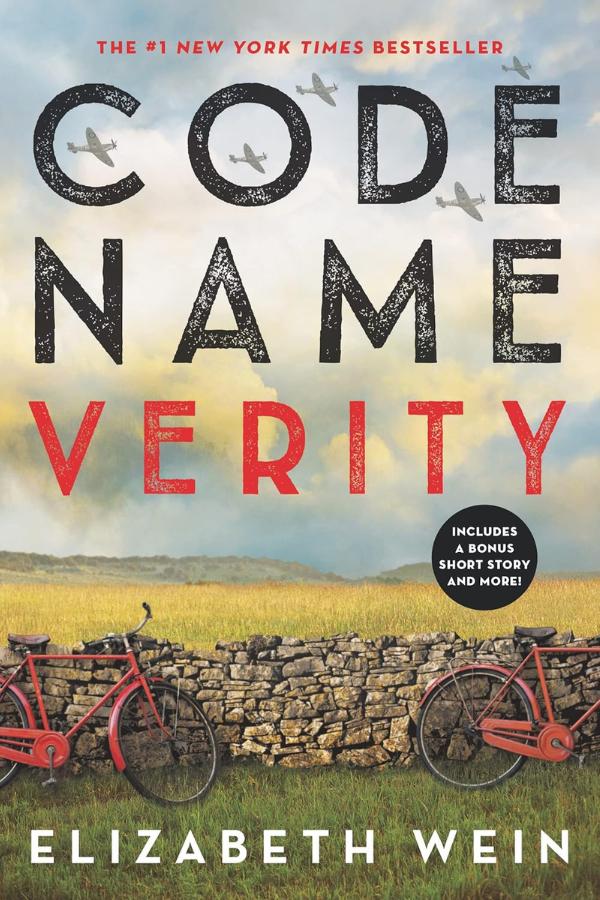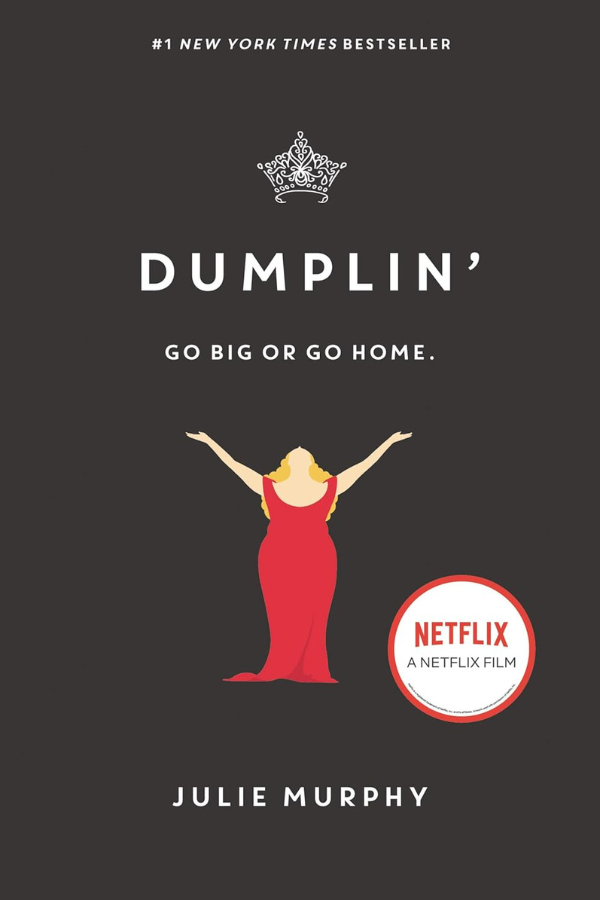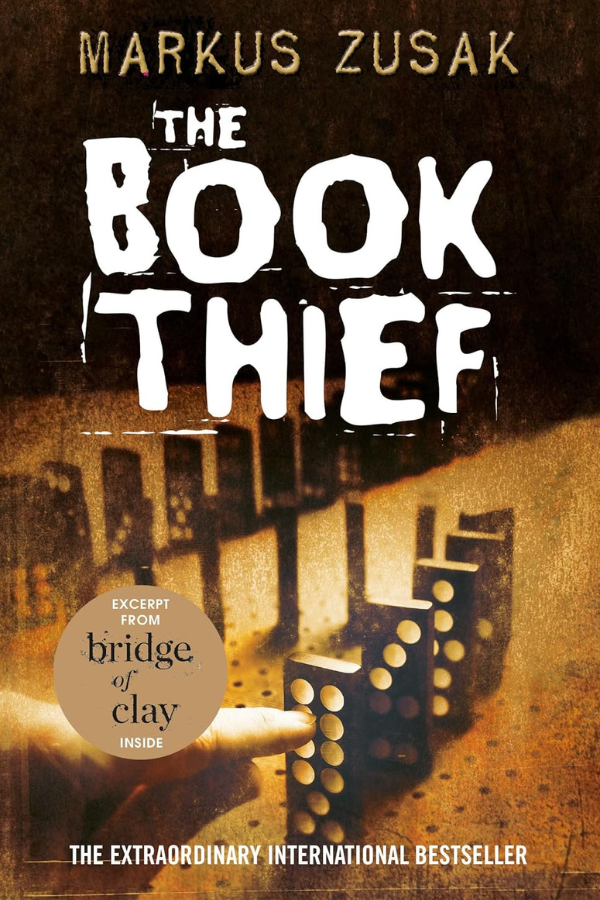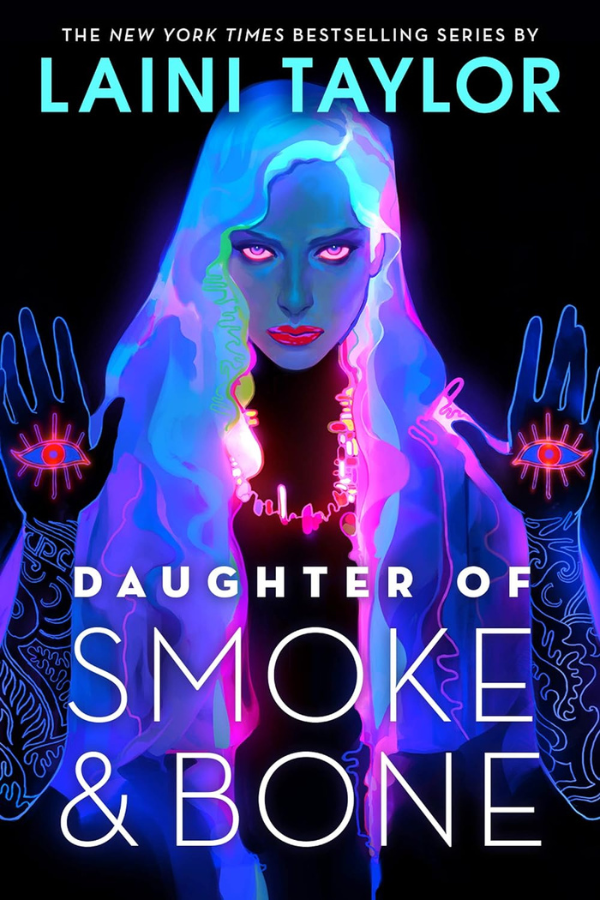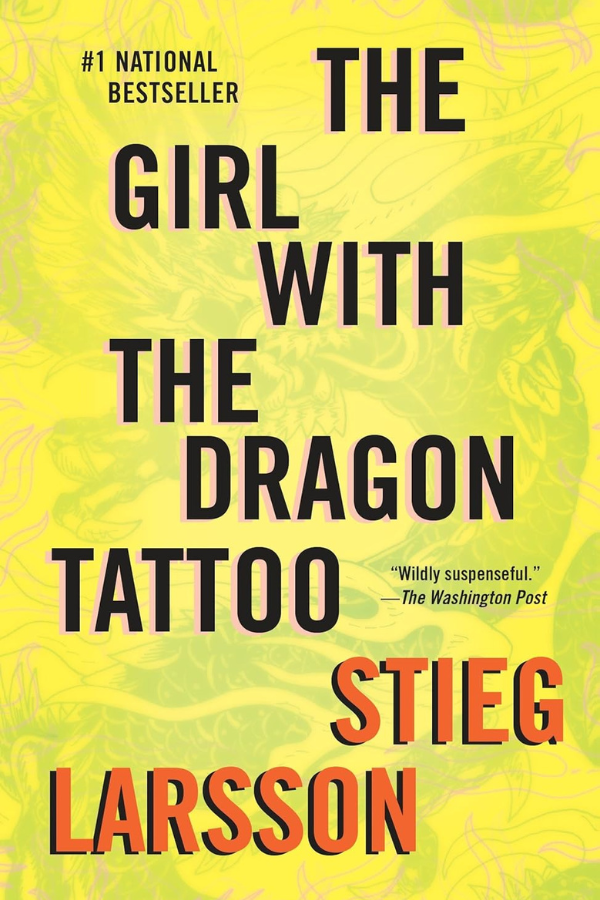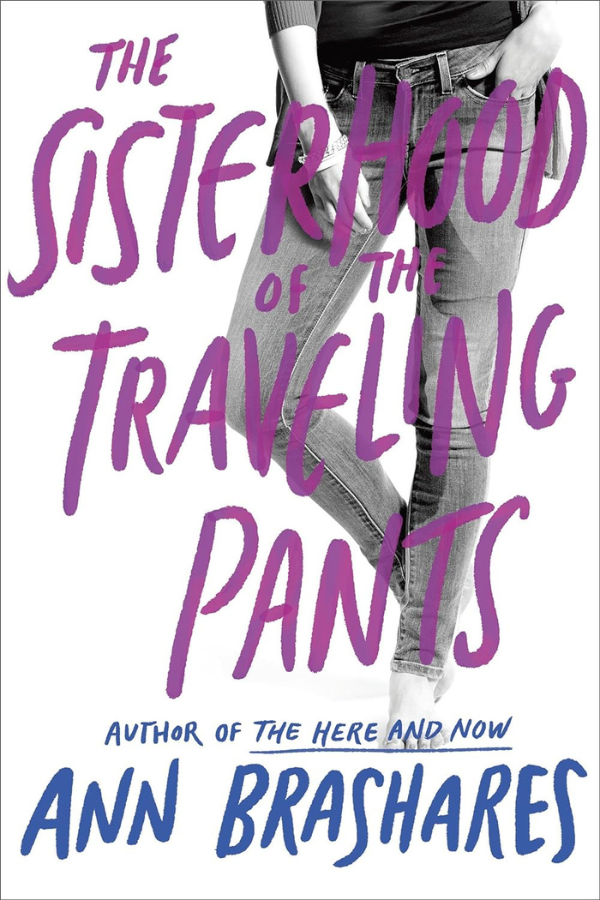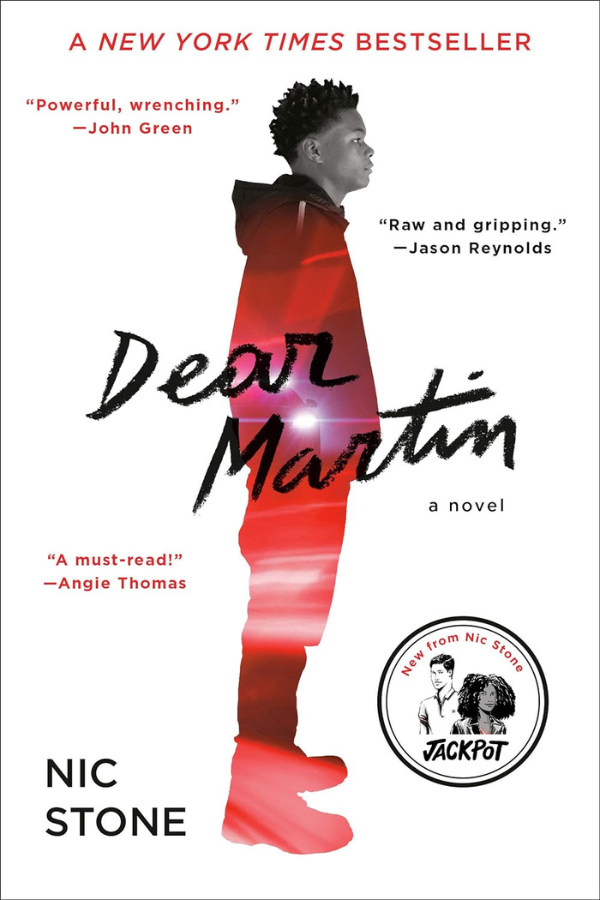<< BACK TO LAUGHING BOY BOOKS | BOOKSHOP UPDATES >>
NAVIGATE THIS PAGE: Pre-YA and Early Young Adult Books | Were The Hardy Boys the First True YA Books? | Why Are YA Books Banned So Often? | Modern YA Classics | Young Adult Classics on Bookshop >>
NAVIGATE THIS PAGE: Pre-YA and Early Young Adult Books | Were The Hardy Boys the First True YA Books? | Why Are YA Books Banned So Often? | Modern YA Classics | Young Adult Classics on Bookshop >>
PRE-YA AND EARLY YOUNG ADULT BOOKS
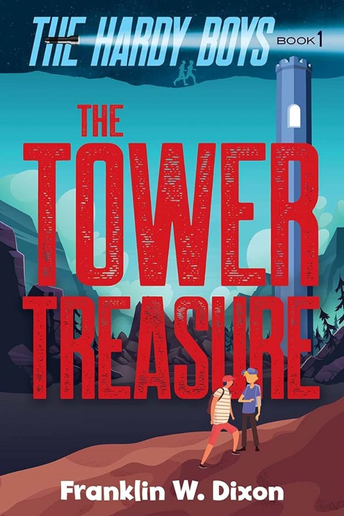
WERE THE HARDY BOYS THE FIRST TRUE YA BOOKS?
Young adult (or YA) is not a genre of book, but rather a classification first coined in the 1960s. Generally speaking, YA books feature characters in their late teens or early twenties, contain themes that interest younger reading audiences, and may span genres. Despite the name, YA has huge following among adults. According to Publishers Weekly, the majority of YA readers are over 18.
While there have been stories with young protagonists for centuries, there is some debate over what was the first true YA book as we know them today. Maureen Daly's Seventeeth Summer (1942) and S.E. Hinton's The Outsiders (1967) are often heralded as some of the first. But could YA actually go back even further — all the way to 1927 and The Hardy Boys?
The Hardy Boys certainly have the classic hallmarks of YA: a youthful voice, coming-of-age themes, and protagonists who are independent and even willing to challenge adult authority. The original Hardy Boys series ended its seventy-eight year run in 2005 with 190 titles in all.
The titles shown below are books that are similar to YA but pre-date that title, or are early and acclaimed examples of young adult fiction.
Young adult (or YA) is not a genre of book, but rather a classification first coined in the 1960s. Generally speaking, YA books feature characters in their late teens or early twenties, contain themes that interest younger reading audiences, and may span genres. Despite the name, YA has huge following among adults. According to Publishers Weekly, the majority of YA readers are over 18.
While there have been stories with young protagonists for centuries, there is some debate over what was the first true YA book as we know them today. Maureen Daly's Seventeeth Summer (1942) and S.E. Hinton's The Outsiders (1967) are often heralded as some of the first. But could YA actually go back even further — all the way to 1927 and The Hardy Boys?
The Hardy Boys certainly have the classic hallmarks of YA: a youthful voice, coming-of-age themes, and protagonists who are independent and even willing to challenge adult authority. The original Hardy Boys series ended its seventy-eight year run in 2005 with 190 titles in all.
The titles shown below are books that are similar to YA but pre-date that title, or are early and acclaimed examples of young adult fiction.
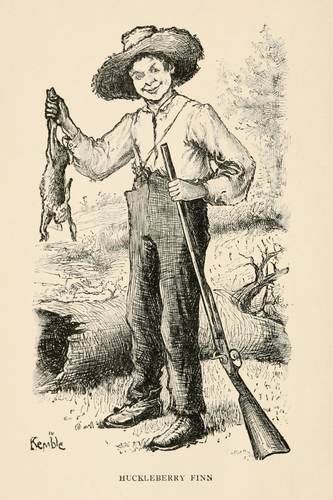
WHY ARE YA BOOKS BANNED SO OFTEN?
Although any book can be banned for all kinds of reasons, YA books are some of the most heavily targeted, particularly in schools and public libraries where parents or organizations may believe they are imparting information inappropriate for younger readers. Some YA books are banned repeatedly over many decades, but often for wildly different reasons.
The Adventures of Huckleberry Finn by Mark Twain has been one of the most banned books in the U.S. since its publication in 1884. Yet the reasons for its banning have changed over time. Early on, white Southerners objected to a white protagonist (Huck) helping a Black man (Jim) escape slavery. Later, the book was banned due to objections over language or what was seen as stereotypical characterizations of its Black characters. As a result, Huckleberry Finn may have the unique distinction of being pulled from shelves for being both racist and anti-racist.
Along with race, sexuality is a major reason YA books are banned. Beginning in the 1970s and 80s, YA books that dealt with topics about sex, sexual identity and gender identity became some of the most targeted books. Click here to see a more complete list of Banned YA Books.
Although any book can be banned for all kinds of reasons, YA books are some of the most heavily targeted, particularly in schools and public libraries where parents or organizations may believe they are imparting information inappropriate for younger readers. Some YA books are banned repeatedly over many decades, but often for wildly different reasons.
The Adventures of Huckleberry Finn by Mark Twain has been one of the most banned books in the U.S. since its publication in 1884. Yet the reasons for its banning have changed over time. Early on, white Southerners objected to a white protagonist (Huck) helping a Black man (Jim) escape slavery. Later, the book was banned due to objections over language or what was seen as stereotypical characterizations of its Black characters. As a result, Huckleberry Finn may have the unique distinction of being pulled from shelves for being both racist and anti-racist.
Along with race, sexuality is a major reason YA books are banned. Beginning in the 1970s and 80s, YA books that dealt with topics about sex, sexual identity and gender identity became some of the most targeted books. Click here to see a more complete list of Banned YA Books.

